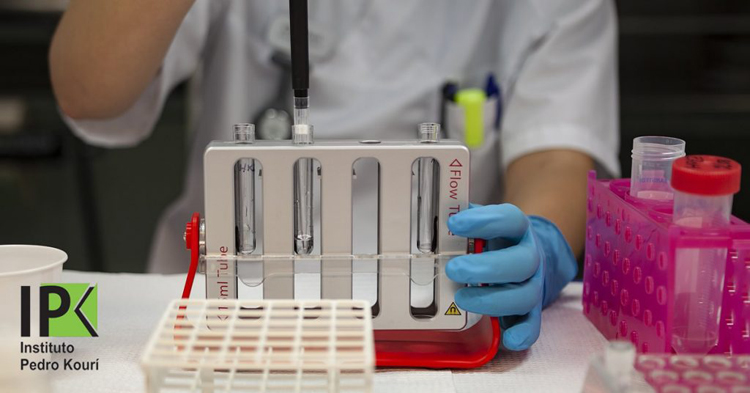More prevention in the face of new variants of SARS-CoV-2
- Written by Lourdes Pichs Rodríguez
- Published in Opinion
- Hits: 2907

The increase in contagion in the population and in workplaces, as well as the level of viral circulation of SARS-CoV-2, needs to strengthen prevention, control and confrontation measures against COVID-19, which since the beginning of the year has maintained a sustained number of positives.
In recent weeks there has been a marked increase in positive cases in the country, focused mainly on some western provinces, which may be associated with the circulation in Cuba of five variants and six mutational patterns of SARS-CoV-2 , different from group G, initially reported in the epidemic and which still continues to be the predominant one.
A population study carried out in the first quarter of the year by experts from the Pedro Kourí Institute of Tropical Medicine reveals the provinces of Havana, Mayabeque and Pinar del Río as those territories with the highest number of pattern-variants.
In this regard, Dr. Osmany Ricardo Puig, a Second Degree specialist in Hygiene and Epidemiology, explained that the appearance of mutations is a natural and expected event within the process of evolution of the virus.
“To date, a new strain of SARS-CoV-2 has not appeared, because there has not been a drastic mutation or a substantial change in its genetic chain, what has been detected with this population study is the circulation of new variants and patterns, which are small changes that occur in the genomic sequencing of the virus when different mutations are grouped together”, he explained.
"This new appearance can increase the virulence or infectivity of this pathogen and begin to increase transmission and serious forms of the disease," he clarified.
The expert from the Provincial Center for Hygiene, Epidemiology and Microbiology added that the new variants have been observed both in imported cases (travelers) and in autochthonous ones, while according to the latest epidemiological update of the Pan American Health Organization, in 32 countries of the Americas were identified at least one of the three variants, cause for concern in the continent: B.1.1.7, reported for the first time in the United Kingdom; B.1.351 in South Africa, and B.1.1.28.1 found in Brazil.
Ricardo Puig pointed out that “the new news has to make the general population and the most vulnerable people reflect, since the epidemic has been prolonged in time and changes in the genomic sequencing of the virus may continue to occur, therefore we must continue to increase sanitary measures”.
